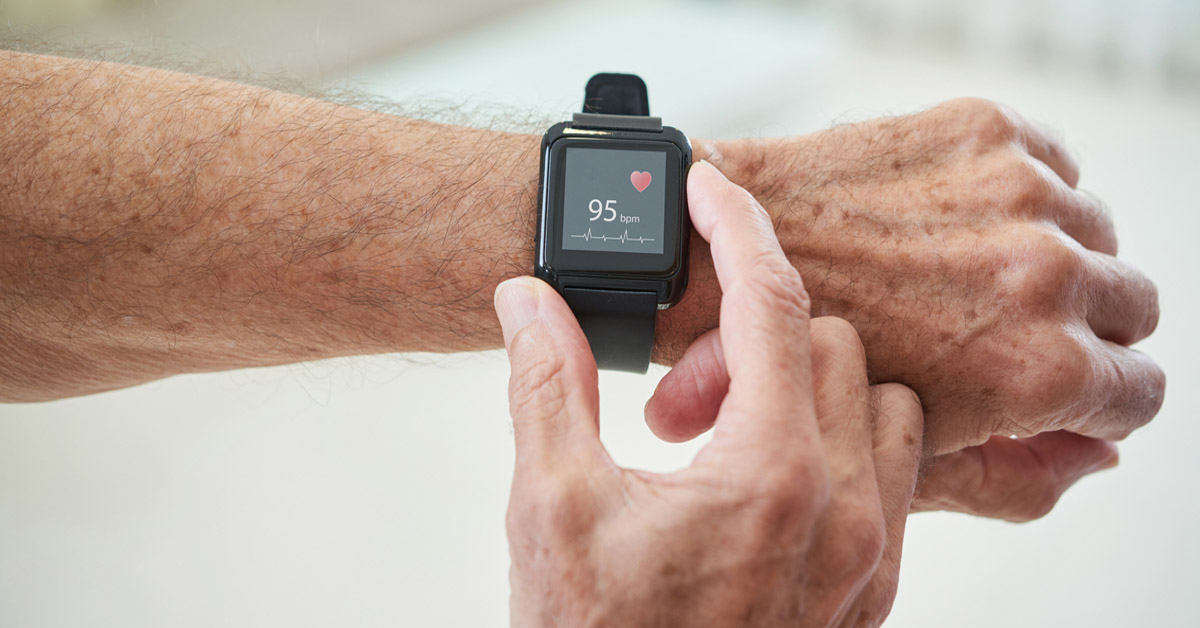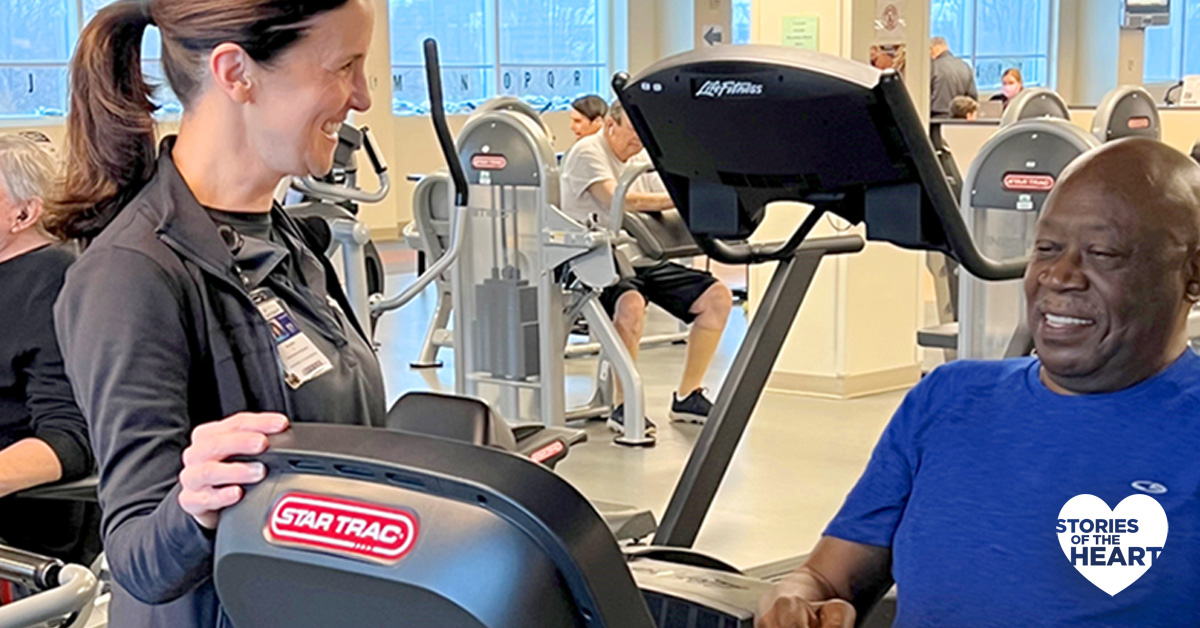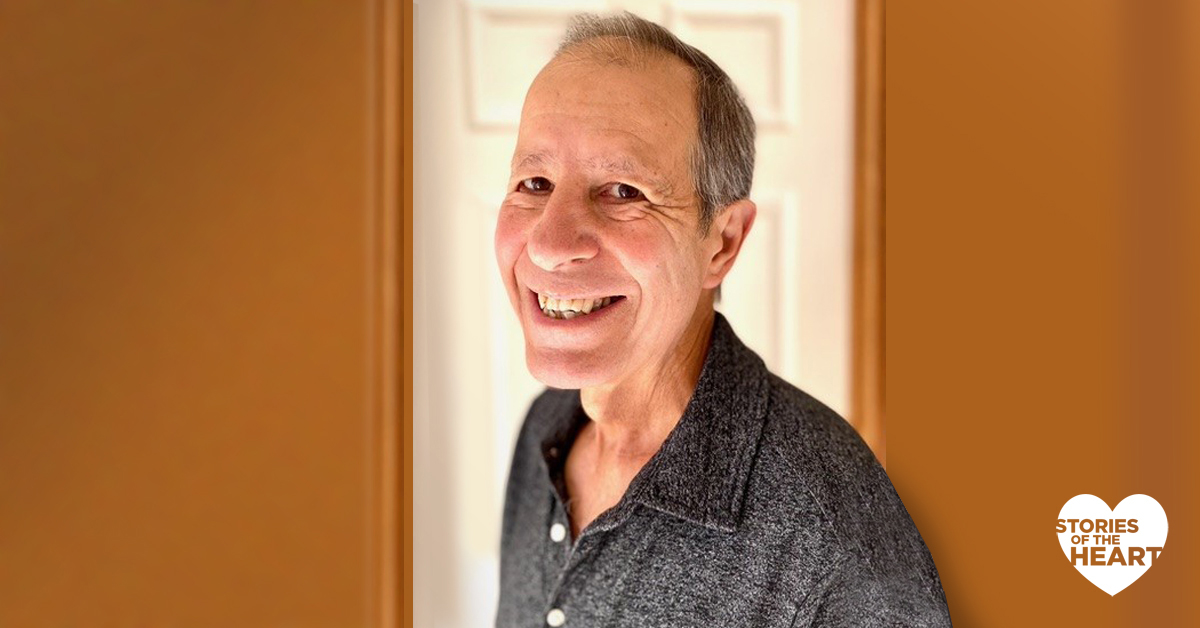If you find yourself short of breath often, you could be one of millions of Americans with atrial fibrillation, or AFib.
Atrial fibrillation is a common heart condition. More than 454,000 people in the U.S. are hospitalized for it each year. It’s also known as the leading cause of stroke and congestive heart failure in the United States.
Although it can seem harmless when it’s first developing, it can lead to heart failure, stroke, blood clots and other heart-related problems if it’s not treated. Find out what the symptoms of this condition are so you can prevent further problems.
First of all, what is atrial fibrillation?
Atrial fibrillation is an irregular heartbeat, or an arrhythmia. In fact, it’s the most common type of heart arrhythmia.
AFib happens when the beating in the upper chambers of your heart is off pace with the beating of the lower chambers. Instead of a smooth beat, your heart quivers. When you have an irregular heartbeat like this, the blood doesn’t flow like it should to the lower chambers of the heart. This can lead to some serious health conditions if untreated.
“It’s a kind of irregular heartbeat that can lead to blood clots, which then can cause strokes or heart attacks,” Matthew Sellers, MD, with Bon Secours Upstate Cardiology, explains. “It can make patients feel tired or short of breath. They may have chest pain or just feel like something isn’t quite right.”
What causes atrial fibrillation?
The exact cause of AFib is not yet known, but some health conditions lead to the development of AFib. These include:
- An existing heart defect
- Heart disease
- High blood pressure
- Lung disease
- Pneumonia
- Previous heart surgery
- Sleep apnea
- Thyroid issues
- Viral infections
Are there risk factors for atrial fibrillation?
The older you are, the greater your risk of atrial fibrillation. People who have high blood pressure are also at a higher risk for getting the condition.
Here are some additional risk factors for developing AFib:
- Abnormal heart valves
- Age over 60 years old
- Alcohol use
- Caffeine or nicotine use
- Chronic medical conditions, such as chronic kidney disease, diabetes, heart failure, high blood pressure, hyperthyroidism, ischemic heart disease
- Congenital heart disease
- Diabetes
- Electrolyte imbalance
- Enlarged chambers of the left side of your heart
- European descent
- Family history of AFib
- High blood pressure
- History of sleep apnea
- Narrowed heart arteries
- Obesity
- Overactive or underactive thyroid gland
- A previous heart attack
- Prior heart surgery, heart failure, cardiomyopathy and other heart damage
- Smoking
- Taking certain over-the-counter cough and cold medicines and certain prescription drugs
What are the symptoms of atrial fibrillation?
The main symptom you may feel with AFib is an unusually strong or irregular heartbeat. You might feel like your heart is quivering or skipping beats. Or, sometimes it feels like your heart is doing flip flops or banging against your chest.
You might also have some of these symptoms:
- Chest pain
- Dizziness
- Extreme fatigue
- Fast heart rate
- Heart palpitations (rapid, flutter or pounding)
- Intolerance to exercise
- Irregular heartbeat
- Lightheadedness
- Nausea
- Shortness of breath
- Weakness
Sometimes, people with AFib don’t experience any symptoms at all. This is why it’s important to have regular check-ups with your primary care provider so they can help detect warning signs.
If you have atrial fibrillation, what symptoms should you go to the hospital for?
Any time you feel your heart beating strangely or you have chest pain, let your doctor know right away. You should go to the emergency room if your symptoms last 24 hours or your symptoms get worse.
Whenever you feel like you’re having the symptoms of a stroke or heart attack, call 911 immediately. More specifically, if you have any of the following symptoms, go to the emergency room right away:
- Chest pain that lasts more than five to 10 minutes
- Difficulty breathing
- Feeling cold and clammy
- Feeling like you will pass out
- Feeling very weak
Are there treatment options for atrial fibrillation?
It’s important to treat AFib. If you don’t, your risk of having a heart-related death doubles. You’re also five times more likely to have a stroke. AFib causes one out of every seven strokes.
“If you start having AFib symptoms, you should see a doctor right away because the longer you wait, the harder it is to treat,” Dr. Sellers shares.
Proper atrial fibrillation management can include:
- Ablation surgery that freezes areas of heart tissue causing AFib
- Blood thinners to prevent blood clots
- Brief electrical shock to reset the rhythm of your heart
- Cardioversion — using a medication or electric current to reset the heart rhythm
- Heart catheter
- Left atrial appendage closure procedure — a procedure used to help reduce the risk of stroke associated with atrial fibrillation. You may need a left atrial appendage closure procedure to help reduce your risk of stroke in people who cannot take blood-thinning medications.
- Medications that can help normalize your heart rate and rhythm
- Rate control medications
- Rhythm control medications
- Weight loss surgery
Dr. Sellers adds that “exercise, diet, weight loss and controlling blood pressure are probably the biggest things we can do when it comes to helping manage AFib.”
And finally, are there things you can do to avoid atrial fibrillation?
The best way to avoid developing AFib is to lead a healthy lifestyle. This includes:
- Drinking little or no alcohol
- Eating a heart-healthy diet
- Exercising daily
- Maintaining a healthy weight
Learn more about the heart and vascular services we offer at Bon Secours.





